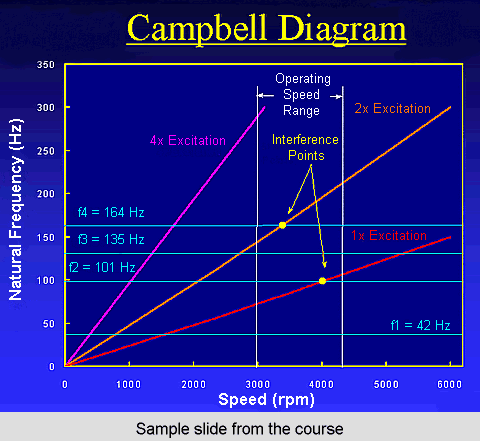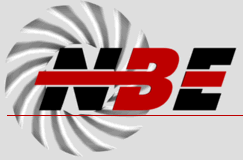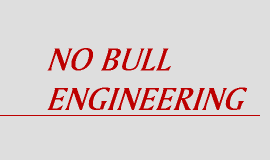TORSIONAL VIBRATION OF ROTARY
AND RECIPROCATING MACHINES

This is a description of a short course that our president and chief engineer, Mark A. Corbo, P.E., and reciprocating equipment expert Ray Kelm, P.E., teach at the client’s site. The short course is split into two sessions of approximately 4 hours each. The morning session is presented by Mr. Corbo, and is a general primer on the fundamentals of torsional vibration. In the afternoon session, Mr. Kelm focuses on reciprocating machines and the specific manner in which they should be analyzed from a torsional standpoint. Ray's presentation also features a discussion on the methods and equipment used to measure torsional vibrations.
An approximate agenda for the short course is as follows:
- Introduction
- Fundamentals of Torsional Vibration
- General Description of Free and Forced Torsional Vibration
- Preparation of Lumped Parameter Models
- Undamped Torsional Vibration Analysis
- Methods for Checking Computer Results by Hand
- Generation of Campbell Diagrams
- Torsional Vibration Excitation Sources
- Synchronous Motor Startups
- Variable Frequency Drives
- Determination of Interference Points
- Elimination of Interference Points by Inspection
- Representative Excitation Torque Magnitudes
- Common Damping Sources
- Determination of Damping Coefficients
- Steady-State Damped Torsional Vibration Response Analysis
- Transient Torsional Vibration Analysis
- Determination of System Adequacy
- Methods for Eliminating Problems
- Torsional Vibration of Reciprocating Equipment
- General Description of Reciprocating Equipment
- General discussion of reciprocating equipment as it relates to dynamic torsional moments
- General discussion of flywheel and engine damper purpose
- Basic Fourier series discussion to provide basis for harmonic analysis method
- Introduction to dynamic force phasing as a result of engine/compressor block design (straight vs. "Vee") and firing order
- Description of major and minor response orders for common engine designs
- Dynamic Inertial Torques
- Description of how reciprocating masses convert to dynamic torque harmonics and discussion of relevant harmonics developed
- Gas Pulsation Values for Engines
- Discussion of how cylinder pressures convert to harmonic components of torque at various harmonic frequencies
- Example sine/cosine terms available from engine manufacturers
- Effects of misfire condition in engine
- Other Dynamic Torque Inputs to System
- Gear boxes
- Universal joint couplings
- Propellers/impellers
- Damping of Reciprocating Systems
- Cylinder damping
- Elastomeric couplings
- Engine harmonic dampers
- Gear elements
- Acceptance Criteria
- Allowable dynamic stress values
- Response of engine components (degrees Peak)
- Angular acceleration at gear elements
- No torque reversals at gear elements (prevent chatter)
- Torsional Vibration Measurements
- Conclusion
Some of the benefits a client’s personnel receive from taking this short course include the following:
1. A greater familiarity with torsional vibration fundamentals, especially with regard to reciprocating engines, which would allow them to communicate more effectively with experts in the field.
2. A better understanding of the meaning and validity of torsional vibration results obtained from consultants and/or in-house computer codes.
3. A better understanding of the torsional vibration causes of common
problems which would assist them when trying to troubleshoot field and test-stand problems.
4. A better feel for which components play an important role in torsional vibration behavior and which ones have little impact. This would be valuable when evaluating potential design changes.
5. An appreciation that torsional vibration analysis can be performed in a practical and timely manner and does not require a "research project."
6. An appreciation for the large role that torsional vibration behavior plays in the reliability of reciprocating equipment and for the importance of evaluating that behavior in the design stage.
The short course is presented using multi-color Power Point presentation software. Each employee the client sends to the short course receives a complimentary copy of the paper, "Practical Design Against Torsional Vibration." Additionally, Mr. Corbo would bring along hard copies of all of the slides used in the short course. The client is free to make individual copies for as many course attendees as are desired.
BACK
| Home | Why Hire Us? | Services | Principals & Staff | Clients |
| Technical Papers | Short Courses | News Items | Contact Us |





